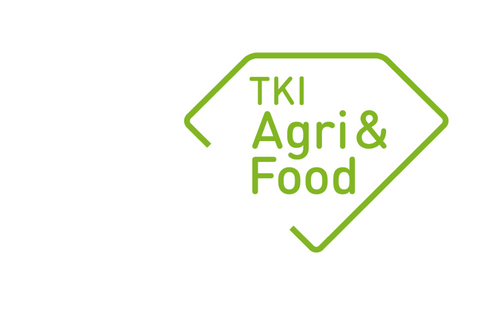Project title: IndoDutch taskforce against food loss and waste (INTAFLOW)
Project number: SMP-2029
Requesting country: Malaysia
Year: 2020
Budget: € 40,000
Project leader: Pieternel Claassen
Knowledge institute: Wageningen University & Research
Project partners: DMT Environmental Technology International, HyGear, National University of Malaysia, MVO Duurzame Ontwikkeling, Paques
Summary
Malaysia is one of the tropical countries where agriculture is dominated by the production of palm oil. It is globally recognized that the production of palm oil can be associated with undesired effects on the environment: deforestation, pollution of air, soil and water. On the other hand, oil production by the oil palm tree is the most efficient when compared to oil production by other vegetable oil crops. As a result, there are many efforts to ensure that palm oil production becomes sustainable, coming from the government, oil palm plantations, palm oil industries and NGO’s on national and international level, organized in the Round table for Sustainable Palm Oil (RSPO) or other national Sustainable Palm Oil initiatives (MSPO, ISPO).
One of the efforts to contribute to sustainability in palm oil production is the new governmental enforcement of treatment of palm oil mill effluent (POME) in closed anaerobic digesters.
In the process of extracting palm oil from the fruit bunches harvested from the oil palm trees, POME is produced as process water. In a regular oil mill, the turn-over of fresh fruit bunches is circa 60 ton/hour. From this, the final production of crude palm oil (CPO) is 13 ton/hour. However, this comes with a production of 49 ton POME/hour which has a high biological oxygen demand (BOD) causing a severe environmental burden at 360 kton POME/year per average oil mill. Currently, most of the oil mills in Malaysia, and also in the rest of the world, discard the POME in aerobic lagoons where green house gas emissions (GHG) amount to 800 to 1400 kg CO2 equivalents per ton palm oil produced. These emissions are enormous and as a result, the new directive from the Malaysian government is aimed at the enforcement by 2020 to treat POME in closed anaerobic digesters and e.g. use the biogas to supply heat and power to the mill. However, the efficiency of conversion of biogas to heat and power is low. As a result, the National University of Malaysia (UKM) and the Sime Darby Foundation have jointly started to expand the option of digestion of POME, to produce hydrogen besides biogas. WUR has been involved as a consultant. The result is the proof of principle by operation of a fermenter for hydrogen production from POME connected to an anaerobic digester to produce biogas
The success of the proof of principle has created the opportunity to explore whether the help of specialists, covering topics not yet addressed, can lift the current set up to a full-fledged pilot plant. The consortium for this exploration consists of Dutch companies which are currently active in the field of hydrogen gas handling, biogas upgrading and bioreactor configuration. Their interest in expanding their business to activities in Malaysia is evident from their participation in PALMARES, a Partners for International Business project, and spin off with offices in Kuala Lumpur and Singapore. This project is also strongly endorsed by the Dutch Embassy in Malaysia as an effort to create new business for Dutch businesses whilst at the same time contributing to a more sustainable palm oil production by severely reducing GHG emission in a profitable way.
Deel dit bericht


